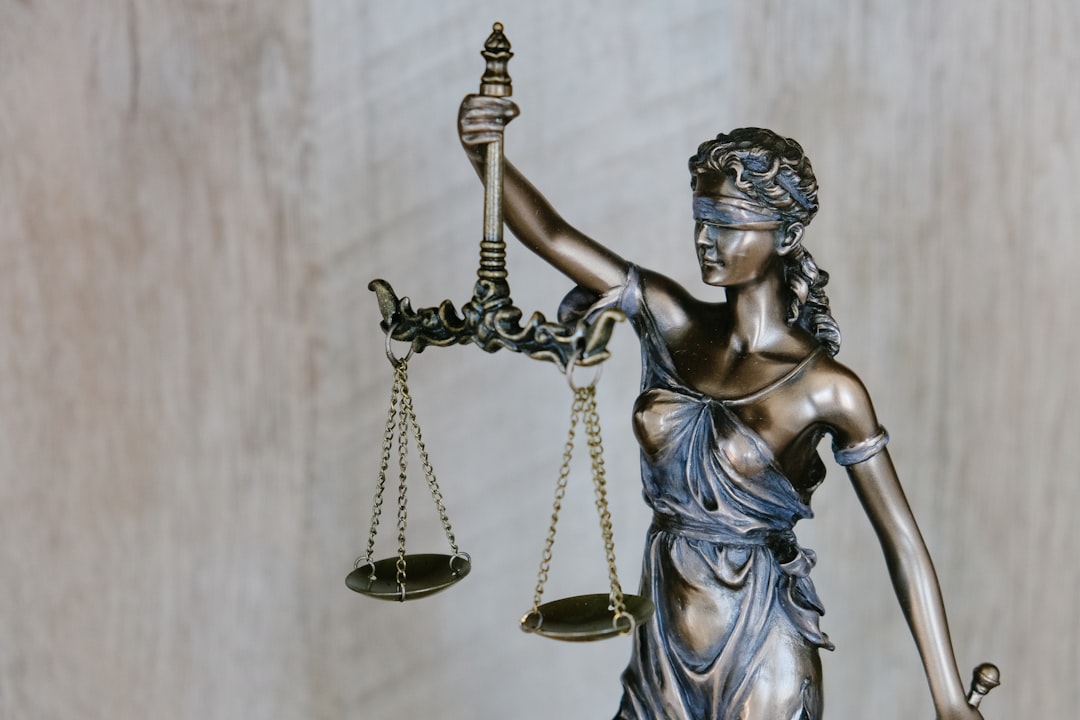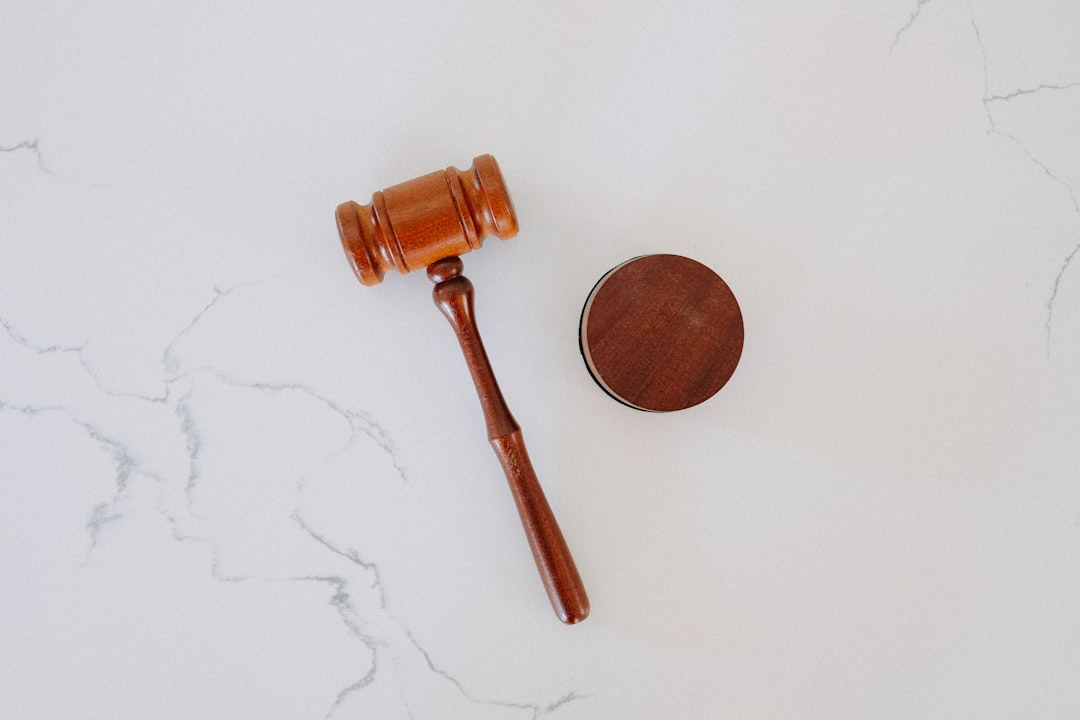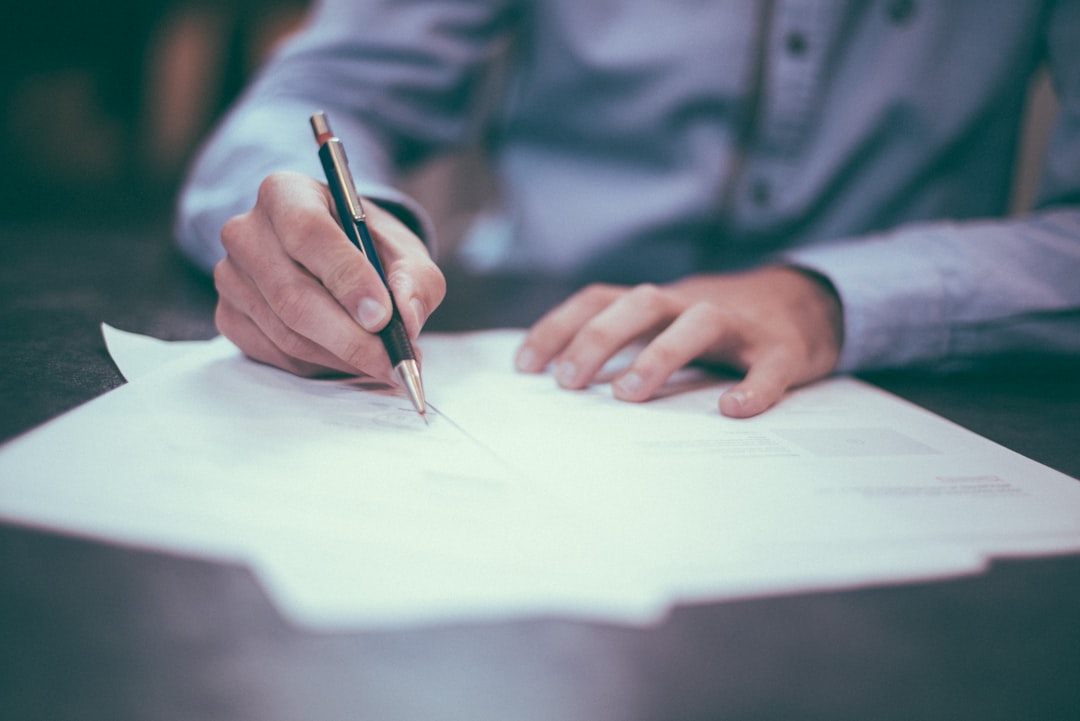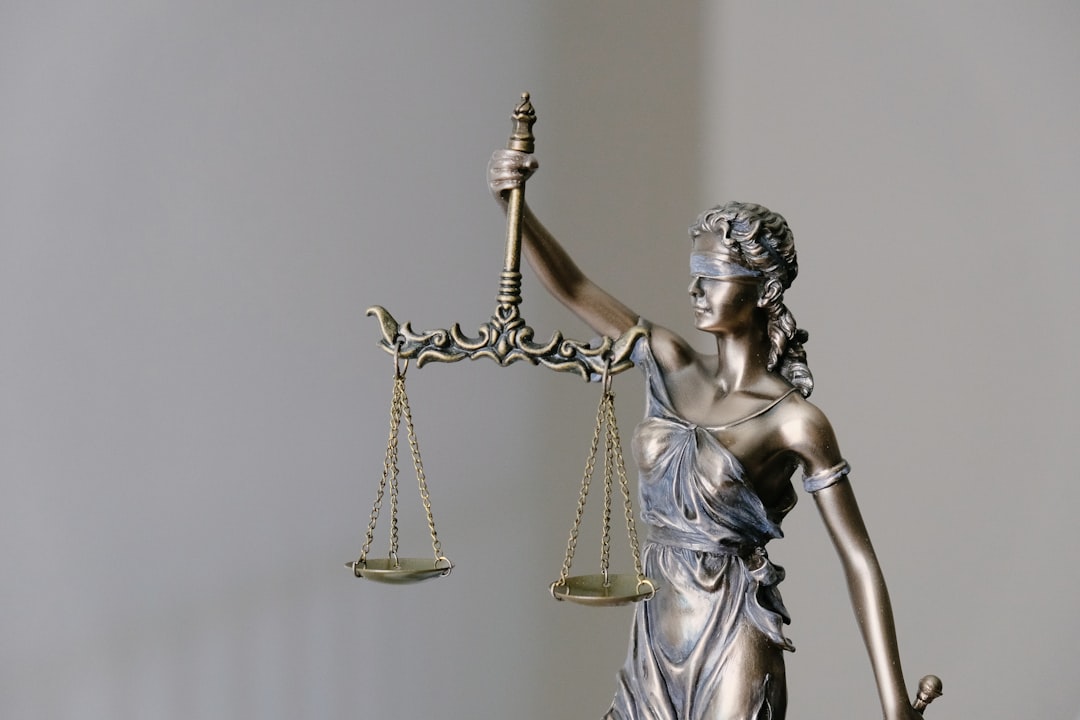After experiencing a traumatic assault, seeking justice and healing can feel overwhelming. A rape lawyer in Georgia plays a crucial role in supporting survivors by understanding their rights and guiding them through complex legal processes. This article delves into key aspects of working with a supportive attorney, including navigating legal procedures, qualifications to look for, and the significant impact they can have on a survivor’s journey towards healing.
Understanding Your Rights After an Assault in Georgia

After a traumatic assault, understanding your rights is crucial for any survivor in Georgia. The first step is to seek medical attention immediately, as it’s essential for your health and can serve as vital evidence in potential legal proceedings. A rape lawyer in Georgia can guide you through this process, ensuring your rights are protected from the onset. They will help explain the legal options available, including the possibility of criminal charges against the perpetrator and civil lawsuits for compensation.
Your rights include being informed of your legal options, the ability to refuse or consent to medical examinations, and protection from retaliation. A skilled rape lawyer in Georgia will fight for your justice and ensure you receive support throughout the legal process. This can be a complex and emotional journey, but with their guidance, survivors can navigate their rights effectively and pursue the resolution they deserve.
Navigating Legal Processes for Rape Victims

Navigating legal processes after a traumatic assault, especially rape, can be overwhelming for victims in Georgia. It requires careful steps to ensure justice and protect one’s rights. A dedicated rape lawyer in Georgia plays a pivotal role in guiding survivors through this challenging journey. They understand the sensitivity of such cases and have the expertise to handle them effectively.
With their help, victims can focus on healing while the lawyer manages legal formalities. This includes collecting evidence, interviewing witnesses, and building a strong case. A rape lawyer Georgia residents trust will ensure that the survivor’s story is presented compellingly in court. They also educate clients about their rights, available resources, and potential outcomes, empowering them to make informed decisions during this difficult time.
Finding Empathy and Expertise: Qualifications of a Rape Lawyer

When looking for a rape lawyer in Georgia, it’s paramount to find someone who possesses both empathy and expertise. Survivors of sexual assault often face complex legal challenges while dealing with emotional trauma, making empathetic understanding crucial. A skilled rape lawyer should have extensive knowledge of Georgia’s laws pertaining to sexual violence cases, including statutes of limitations, evidence requirements, and potential penalties. They must be adept at navigating the legal system, negotiating with prosecutors, and presenting compelling arguments in court.
Qualifications include specialized training in criminal law, experience handling similar cases, and a proven track record of successful outcomes. Look for lawyers who actively participate in professional development programs focused on sexual violence issues. Additionally, understanding the emotional toll on survivors and their families can significantly enhance the lawyer-client relationship, fostering trust and ensuring the best possible representation during what is often a deeply challenging time.
Supportive Representation: How a Lawyer Can Help Survivors Heal

A supportive lawyer for Georgia assault survivors plays a crucial role in helping clients heal from traumatic experiences. Beyond legal representation, these attorneys offer a safe space for survivors to share their stories and navigate the complexities of the justice system. They ensure survivors feel heard, respected, and empowered throughout the legal process.
By providing compassionate guidance and advocacy, rape lawyers in Georgia can help survivors overcome emotional barriers that may hinder their ability to pursue justice. They facilitate communication with law enforcement, prosecutors, and courts, ensuring every step is taken with the survivor’s best interests in mind. This supportive representation not only helps secure legal outcomes but also fosters healing and recovery for those who have endured sexual assault.






